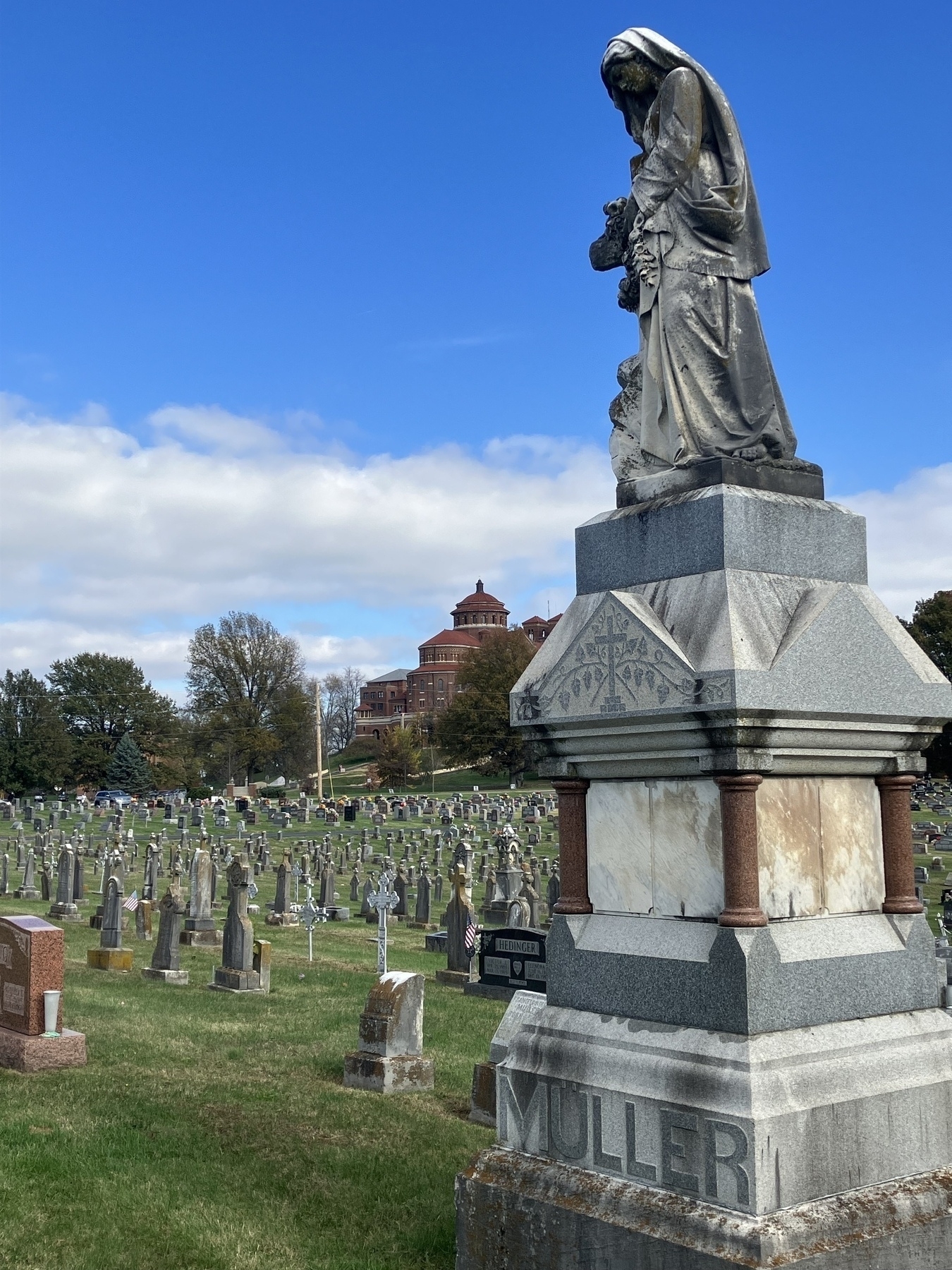Jamie Dimon says AI will lead to shorter work weeks. We’ve heard this one before. Screw you, Jamie Dimon.
Watching the turmoil of my 78 year old mom has made me utterly certain that the doctrine of eternal, conscious torment in hell preached by fundamentalist and evangelical Christianity is cruel. I live and breathe religion and religious ideas, but that one is dangerous and wicked.
Wendell Berry:
This book, like several others I have written, is intended as a part of a public conversation about the relationship of our lives, and of our communal and economic life, to the lands we live from. That no such public conversation exists presently, or has existed for the last sixty or seventy years, has never been, and is not now, an obstacle to my “contribution.”
Going to the store on a Saturday with some small plumbing part in hand always makes me think of my dad. Of course, now I’m going to Lowe’s instead of the little hardware store in Oolitic but, still, a good memory. The smell and feel of those classic hardware stores was wonderful.
Wendell Berry’s characterization of agrarianism (from his introduction to The Art of Loading Brush):
- An elated, loving interest in the use and care of the land, and in all the details of the good husbandry of plants and animals.
- An informed and conscientious submission to nature, or to Nature, and her laws of conservation, frugality, fullness or completeness, and diversity.
- The wish, the felt need, to have and to belong to a place of one’s own as the only secure source of sustenance and independence. (The freed slaves who pled for “forty acres and a mule” were more urgently and practically agrarian than the “Twelve [white] Southerners.")
- From that to a persuasion in favor of economic democracy, a preference for enough over too much.
- Fear and contempt of waste of every kind and its ultimate consequence in land exhaustion. Waste is understood as human folly, an insult to nature, a sin against the given world and its life.
- From that to a preference for saving rather than spending as the basis of the economy of a household or a government.
- An assumption of the need for a subsistence or household economy, so as to live so far as possible from one’s place.
- An acknowledged need for neighbors and a willingness to be a neighbor. This comes from proof by experience that no person or family or place can live alone.
- A living sense of the need for continuity of family and community life in place, which is to say the need for the survival of local culture and thus of the safekeeping of local memory and local nature.
- Respect for work and (as self-respect) for good work. This implies an understanding of one’s life’s work as a vocation and a privilege, as opposed to a “job” and a vacation.
- A lively suspicion of anything new. This contradicts the ethos of consumerism and the cult of celebrity. It is not inherently cranky or unreasonable.
Bless Brother Ali. He can be righteously angry on one track and beautifully moving on another. Indeed, using your heart for what hearts are for.
Ferdinand, IN

I’ve found my Amish lumber source! A guy named Emmanuel. His lumber is a fraction of the Lowe’s price. Part of that is because I’m getting rough sawn lumber from a sawmill but, still, so much cheaper. And planing rough sawn boards to a finish is a skill I’ve been wanting to pick up.
More from Uncle Wendell:
I imagine the dead waking, dazed, into a shadowless light in which they know themselves altogether for the first time. It is a light that is merciless until they can accept its mercy; by it they are at once condemned and redeemed. It is Hell until it is Heaven. Seeing themselves in that light, if they are willing, they see how far they have failed the only justice of loving one another; it punishes them by their own judgement. And yet, in suffering that light’s awful clarity, in seeing themselves within it, they see its forgiveness and its beauty, and are consoled. In it they are loved completely, even as they have been, and so are changed into what they could not have been but what, if they could have imagined it, they would have wished to be.
Wendell Berry, A World Lost:
However we may miss and mourn the dead, we really give little deference to death. “Death,” a friend of mine said as he approached it himself, “is a convention … not binding upon anyone but the keepers of graveyard records.” The dead remain in thought as much alive as they ever were, and yet increased in stature and grown remarkably near. The older I have got and the better acquainted among the dead, the plainer it has become to me that I live in the company of immortals.